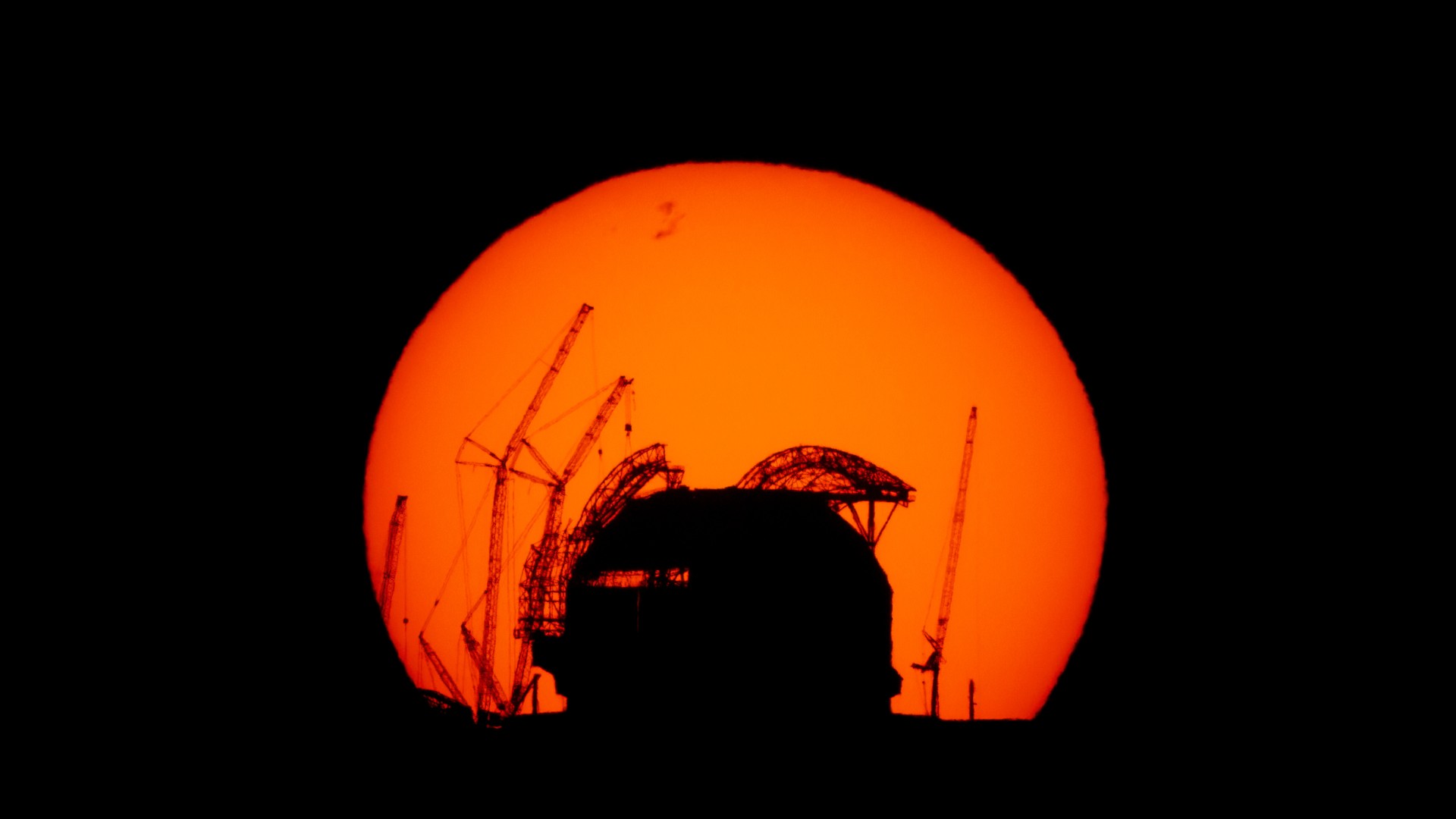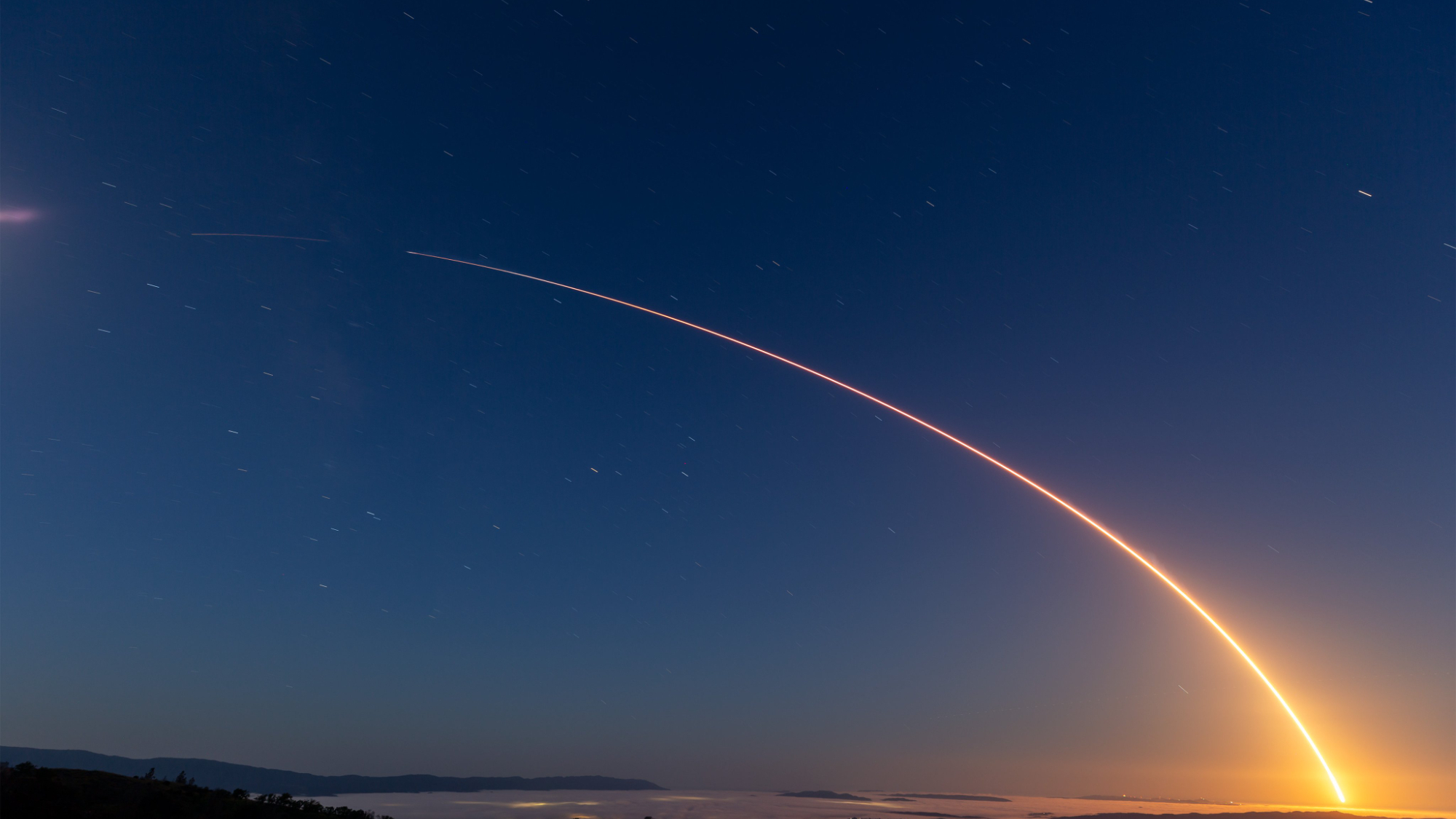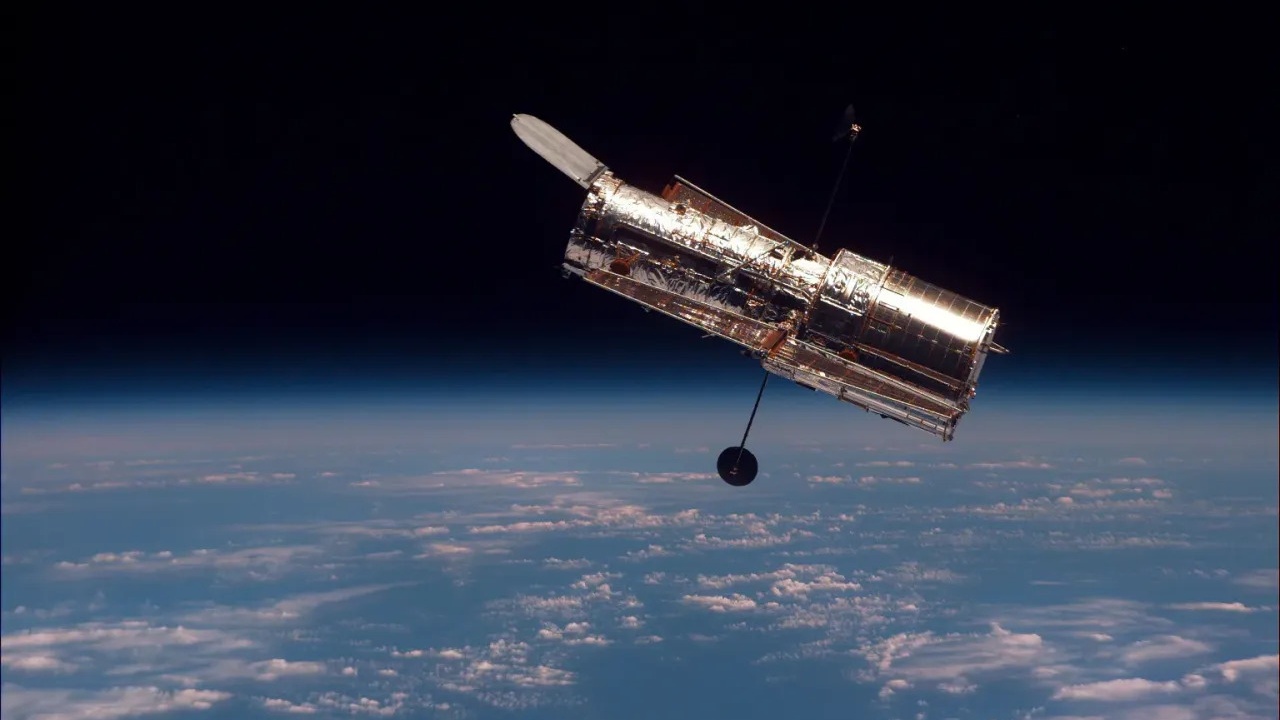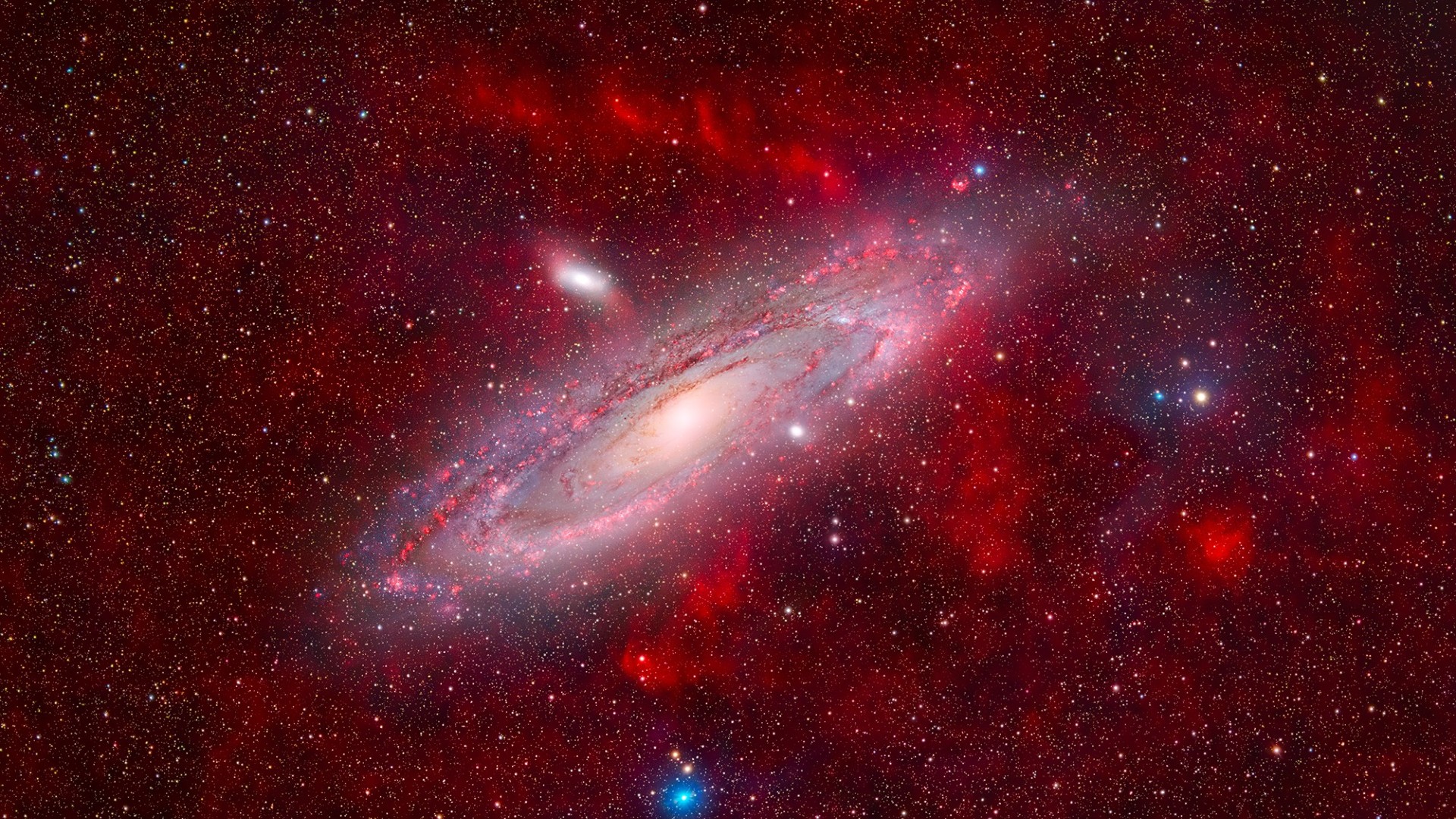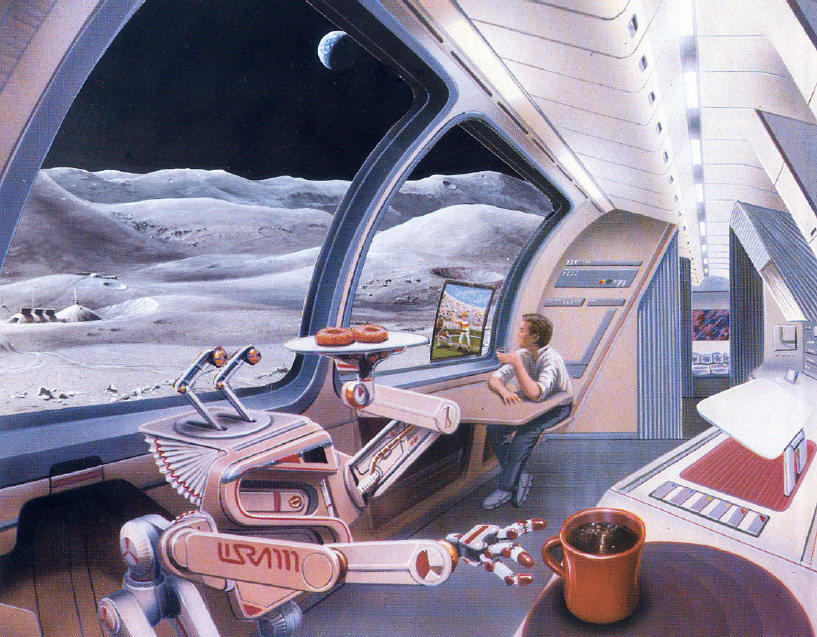
MOUNTAIN VIEW, Calif. — Developing a cosmic cash system to meet the needs of future space tourists and interplanetary settlers is a complicated task that will take several years to complete, leaders of the new project say.
On Thursday (June 27), online-payment company PayPal and the SETI (Search for Extraterrestrial Intelligence) Institute unveiled PayPal Galactic, an initiative that aims to figure out the best way to process financial transactions beyond Earth.
This is much easier said than done, with many big questions demanding attention right off the bat, officials said. [9 Ways to Stay Safe Using PayPal]
"What will be our standard currency up there? How will the banking system need to adapt?" PayPal president David Marcus said here at the SETI Institute during the project's unveiling on Thursday. "How will risk and fraud management evolve? IP address from space? That's not a country for us; how are we going to deal with that?"
It's also unclear at the moment how off-world banking transactions will be regulated, and which bodies here on Earth would do the regulating, Marcus added, stressing that such issues will take a while to work out.
"We will focus on answering those questions and inviting everyone around the table who wants to participate — scientists and the industry as well," Marcus said. "We're really, really looking forward to having the conversation for the next couple of years."
It's important to start this lengthy and involved process now, Marcus said, because private spaceflight is set to open the final frontier up to the masses soon.
Get the Space.com Newsletter
Breaking space news, the latest updates on rocket launches, skywatching events and more!
Indeed, Virgin Galactic and XCOR Aerospace may begin commercial flights to suborbital space within the next year or so. These companies are currently charging $250,000 and $95,000, respectively, for seats aboard their spaceships, but Marcus sees the price coming down dramatically before much longer.
"Futurists expect space travel to follow what happened to air travel," he said, adding that a roundtrip plane ticket from New York to Los Angeles cost $4,500 in 1935 — the equivalent of $80,000 today.
So it's not hard to imagine that Virgin's $250,000 ticket price could come down to just a few thousand dollars in a decade or so, enabling large numbers of people to fly to space, Marcus said.
While brief suborbital flights can easily be booked and paid for here on Earth, Marcus and others see bigger things following in their wake that call out for a new off-planet monetary system — orbiting hotels, luxury "space yachts" for the megarich and, eventually, outposts on the moon and Mars.
"The time is right," Marcus said. "Space tourism is taking off."
Follow Mike Wall on Twitter @michaeldwall and Google+. Follow us @Spacedotcom, Facebook or Google+. Originally story at SPACE.com.
Join our Space Forums to keep talking space on the latest missions, night sky and more! And if you have a news tip, correction or comment, let us know at: community@space.com.

Michael Wall is a Senior Space Writer with Space.com and joined the team in 2010. He primarily covers exoplanets, spaceflight and military space, but has been known to dabble in the space art beat. His book about the search for alien life, "Out There," was published on Nov. 13, 2018. Before becoming a science writer, Michael worked as a herpetologist and wildlife biologist. He has a Ph.D. in evolutionary biology from the University of Sydney, Australia, a bachelor's degree from the University of Arizona, and a graduate certificate in science writing from the University of California, Santa Cruz. To find out what his latest project is, you can follow Michael on Twitter.



